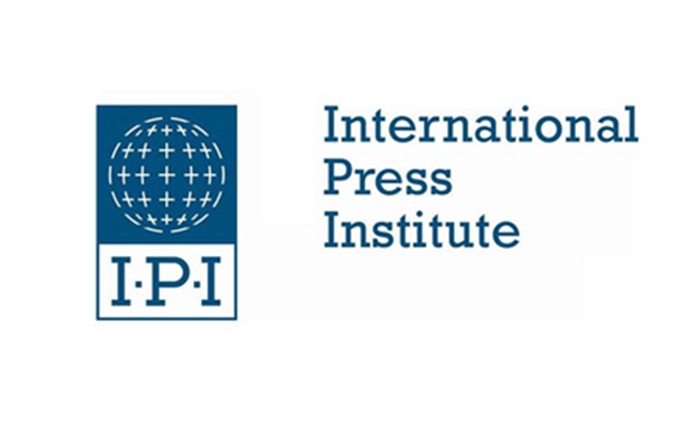A new report released jointly by several international NGOs details the worsening press freedom environment in Turkey, accusing the government of instrumentalizing the recently passed “disinformation law” to harass and silence journalists, the Stockholm Center for Freedom reported, citing the Evrensel newspaper.
Titled “Turkey: Press Freedom Crisis Deepens Amid Earthquake and National Elections,” the report was prepared by the Committee to Protect Journalists (CPJ), the International Press Institute (IPI), Reporters Without Borders (RSF), the European Centre for Press and Media Freedom (ECPMF) and Osservatorio Balcani e Caucaso Transeuropa (OBCT).
IPI presents the newly published 2023 International #PressFreedom Mission to #Turkey Report at @tgsakademi with @RSF_tr's @ErolOnderoglu and @CPJ_Eurasia's @ozgurogret.
To read the report👇https://t.co/v0lieCjqIc
Previous reports are available here👇https://t.co/ki8UvjwgvS pic.twitter.com/3WAi2KBdgA
— IPI – The Global Network for Independent Media (@globalfreemedia) December 19, 2023
Enacted in October 2022, the law criminalizes the dissemination of “false or misleading information” and has led to more than 30 investigations against journalists. Eight journalists were faced with lawsuits, six journalists were detained and five were arrested.
The report said the law provided a framework for extensive censorship of online information and the criminalization of journalism, which enabled the government to further subdue and control public debate in the lead up to the country’s general elections in May 2023.
The Parliamentary Assembly of the Council of Europe (PACE) had strongly warned Ankara against passing the law, which it said would lead to “irreparable harm to the exercise of freedom of speech.”
Another legal instrument widely used against journalists in Turkey is the anti-terror law whose broad and ambiguous nature allows the interpretation of news reports and social media commentary as terrorist propaganda.
Terrorism-related accusations frequently target Kurdish journalists or others reporting on the situation of the Kurdish minority or covering pro-Kurdish politics. These media workers are typically accused of spreading propaganda on behalf of the Kurdistan Workers’ Party (PKK), a separatist group designated as a terrorist organization by Turkey and much of the international community.
The report also highlighted the role of the Radio and Television Supreme Council (RTÜK), Turkey’s broadcasting watchdog, in restricting visual media such as TV channels and streaming platforms.
The agency has imposed restrictions based on its ambiguous provisions such as “national values” and “general morality.”
In the first 11 months of 2023, RTÜK imposed a total of TL 22 million ($750,000) in fines, mostly against outlets critical of the government.
The country is headed for local elections in early 2024.
Following a coup attempt in July 2016, the Turkish government summarily shut down by executive decree nearly 200 media outlets for alleged ties to terrorism.
Turkey is often described as one of the world’s worst jailers of journalists, and it was ranked 165th out of 180 countries in the 2023 World Press Freedom Index published by Reporters Without Borders (RSF).

